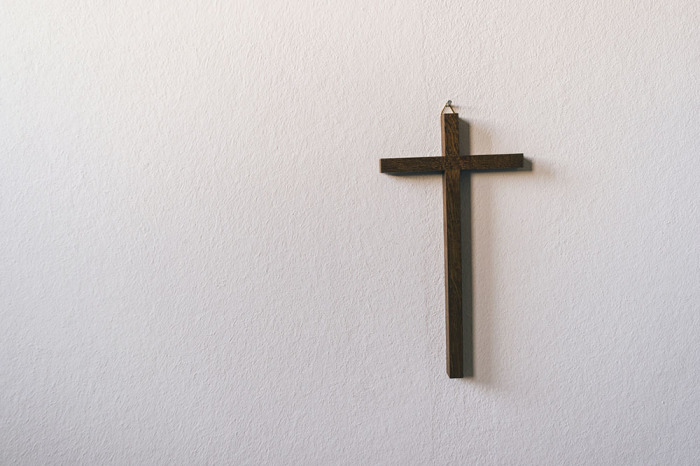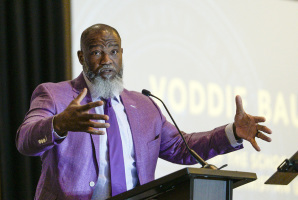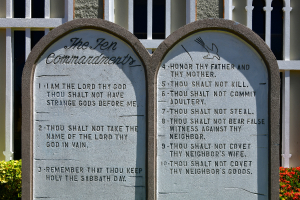Wales 'LGBTQ+ Action Plan' may put pastors at risk of prosecution for ‘hate incident’

A proposed law in Wales could threaten the religious freedom of pastors and their ability to provide counseling to people with unwanted same-sex attractions, a Christian advocacy group has warned.
The draft version of the LGBTQ+ Action Plan for Wales, published by the devolved government of Wales in July, seeks to ban "all aspects" of sexual orientation change efforts therapy, or what's often derisively known as "conversion therapy."
While the plan states that its goal is to “improve the recognition of LGBTQ+ people” and “advance LGBTQ+ equality and inclusion,” some Christians fear it would restrict pastors' ability to counsel their parishioners, and put them at risk of facing a hate crime charge if they share their biblically-based beliefs about human sexuality.
One proposal included in the plan calls for the Programme for Government to ban “all aspects of LGBTQ+ conversion therapy."
Many religious leaders and Christian therapists seek to provide those with unwanted same-sex attraction with counseling and therapy. In recent years, several Western governments have implemented or sought to impose bans on so-called “conversion therapy,” primarily at the state and local level.
Carys Moseley of the U.K.-based legal and advocacy group Christian Concern warned about the consequences bans on therapy might have for the religious community. Specifically, Moseley expressed concern that “the Welsh government wants people to be able to report faith leaders to the police for ‘hate incidents.’”
Moseley cited the Integrated Impact Assessment of the LGBTQ+ Action Plan, which states the Welsh government’s intent to “take an intersectional approach and build on the existing work of faith leaders in Wales to promote LGBTQ+ inclusion and support many LGBTQ+ people to express their own faiths or beliefs.”
The Welsh government also published a detailed Equality Impact Assessment, which examines the effect that aspects of the LGBTQ+ Action Plan will have on different groups, including the religious community.
While admitting that “A proposal to ban conversion therapy practices may curtail a qualified right to manifest a religious or philosophical belief,” the document claims that “potential interference with this qualified right may be justified in a democratic society on the grounds of public safety, health or morals, or protecting the rights and freedoms of others.”
The Equality Impact Assessment predicts that it might also "restrict religious freedoms and place faith leaders at risk of prosecution.” However, the Welsh government vowed to “continue dialogue with faith communities in Wales” while slamming the practice of so-called conversion therapy.
“The Welsh Government’s position is clear — any attempts to try to change or alter a person’s sexual orientation or gender identity through ‘conversion therapy’ are wrong and wholly unacceptable. These practices can inflict severe pain and suffering on LGBTQ+ people, often resulting in long-lasting physical and psychological trauma. We want every LGBTQ+ person in Wales to feel safe and able to live authentically and openly as themselves.”
According to Moseley, who characterized the promotion of “LGBTQ+ inclusion” by certain parts of the faith community as heresy, isolated support of LGBT ideology among Christians “is used as the justification for restricting the right to manifest a religious belief when it does not support such ‘inclusion.’”
Reacting to the Welsh government’s stated desire to promote “dialogue” between the “LGBTQ+ community” and “faith groups,” Moseley asserted that the government “admits that faith leaders who refuse to bow down to this agenda could be at risk of prosecution. In other words, if you do not agree to participate in the (perhaps enforced) ‘dialogue’ in exactly the way the Welsh Government wants, you will be reported to the police.”
As Moseley explained in the piece, Wales, which is part of the U.K., does not have the power over criminal law. U.K. Prime Minister Boris Johnson vowed to end conversion therapy earlier this year but the British Parliament has not passed a ban on the practice thus far. While Johnson has stressed that such a ban would not apply to pastoral counseling, LGBT activists have pressured the British government to include “gentle non-coercive prayer” in the ban.
The open consultation period for the LGBTQ+ Action Plan, which allows time for public comment on the draft plan, ends Oct. 22. From there, the Welsh government will “reflect on the responses to the consultation to refine a final version of the plan.” The final version of the LGBTQ+ Action Plan will likely be published in early 2022.
Moseley noted that among her concerns is the possibility that consultation responses critical of LGBT ideology could be reported to the police, noting that the instruction page for the consultation process previously stated that it “will not tolerate hateful comments about a person’s sexual orientation, gender identity, race, religion or disability and any responses that contain hate speech will be passed to the authorities.”
Following backlash, the language was altered to instruct those responding to the consultation to abide by the Public Order Act [of] 1986 and the Malicious Communications Act [of] 1988.
The debate about Wales’ LGBTQ+ Action Plan is the latest example of an apparent clash between freedom of religion and expression and LGBT nondiscrimination measures. Earlier this summer, an American pastor was arrested in London while preaching that “homosexuality is a sin.” Law enforcement officials pointed to an alleged violation of the aforementioned Public Order Act, which bans people from causing “intentional harassment, alarm or distress,” as the justification for his arrest.
Ryan Foley is a reporter for The Christian Post. He can be reached at: ryan.foley@christianpost.com




























